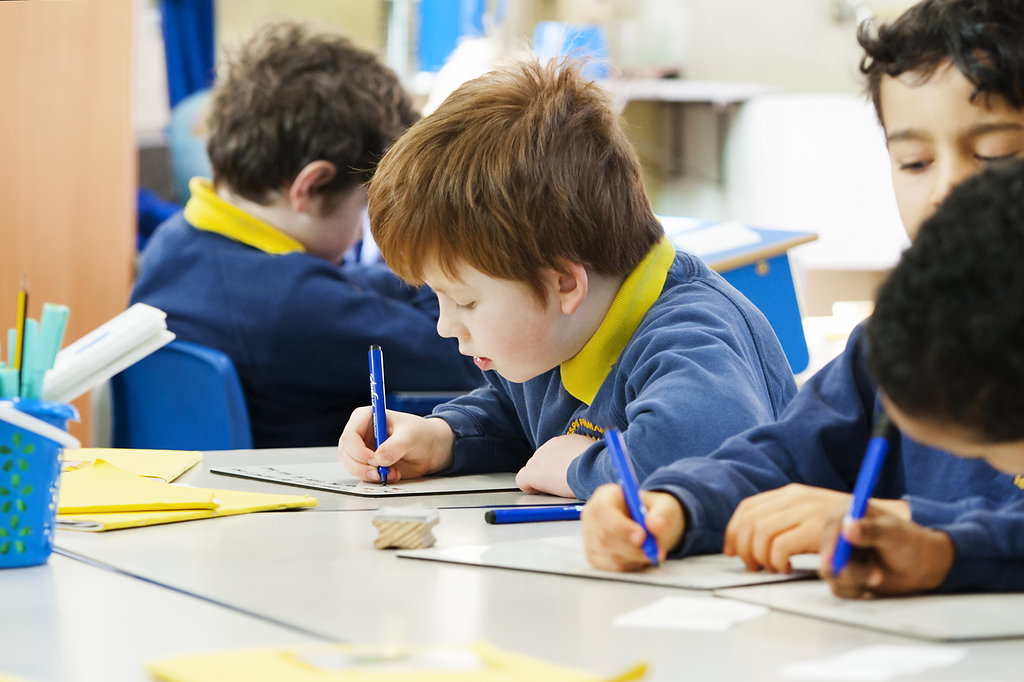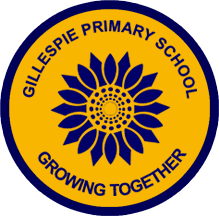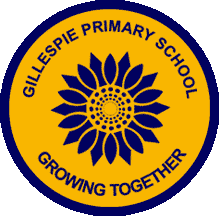

We aim to provide a high quality maths education – teaching children the essential skills and knowledge to develop an understanding of the world and to create a natural curiosity and love for maths as a subject.
“Mathematics is a creative and highly inter-connected discipline that has been developed over centuries, providing the solution to some of history’s most intriguing problems. It is essential to everyday life, critical to science, technology and engineering, and necessary for financial literacy and most forms of employment. A high-quality mathematics education therefore provides a foundation for understanding the world, the ability to reason mathematically, an appreciation of the beauty and power of mathematics, and a sense of enjoyment and curiosity about the subject.” (The New national curriculum in England framework document, July 2013)
Curriculum Intent, Implementation & Impact
Please click here for our full curriculum intent, implementation & impact document for Maths.
The National Curriculum for mathematics aims to ensure that all children:
- Become fluent in the fundamentals of mathematics, including through varied and frequent practice with increasingly complex problems over time, so that children have conceptual understanding and are able to recall and apply their knowledge rapidly and accurately
- Reason mathematically by following a line of enquiry, conjecturing relationships and generalisations, and developing an argument, justification or proof using mathematical language
- Can solve problems by applying their mathematics to a variety of routine and non-routine problems with increasing sophistication, including breaking down problems into a series of simpler steps and persevering in seeking solutions.
At Gillespie we want all children to be able to see mathematics as an interconnected subject and be able to make connections across mathematical ideas to develop fluency, mathematical reasoning and competence in solving increasingly sophisticated problems. We want our children to apply their mathematical knowledge to science and other subjects.
The expectation in the National Curriculum is that the majority of children will move through the programmes of study at broadly the same pace. However, decisions about when to progress should always be based on the security of children’s’ understanding and their readiness to progress to the next stage. Children who grasp concepts rapidly should be challenged through being offered rich and sophisticated problems before any acceleration through new content. Those who are not sufficiently fluent with earlier material should consolidate their understanding, including, through additional practice, before moving on.
White Rose Maths
At Gillespie, teachers from Reception to Year 6 use Power Maths resources and the schemes of learning published by White Rose Maths to plan effectively, producing lessons incorporating fluency, reasoning and problem solving. The White Rose schemes are closely aligned to Power Maths and they complement each other.
The White Rose schemes support ‘Teaching for Mastery’.
- Y1 Summer SOL
- Y1 Spring SOL
- Y1 Autumn SOL
- Y2 Summer SOL
- Y2 Spring SOL
- Y2 Autumn SOL
- Y3 Summer SOL
- Y3 Spring SOL
- Y3 Autumn SOL
- Y4 Summer SOL
- Y4 Spring SOL
- Y4 Autumn SOL
- Y5 Summer SOL
- Y5 Spring SOL
- Y5 Autumn SOL
- Y6 Summer SOL
- Y6 Spring SOL
- Y6 Autumn SOL
Using and applying maths to other curriculum areas
The following charts provide some ideas for teachers to use as appropriate. The purpose of the charts are to support teachers in planning in opportunities to use maths in ‘real contexts’.
The charts provide some examples of where maths can be topic linked. Teachers will use their own professional judgement to support children to make strong links between maths and other areas of learning and be able to apply mathematical knowledge, skills and understanding across the curriculum in a wide range of contexts.
Teachers can draw from these examples or choose others of their choice.
- Cross curricular maths opportunities -Y1 Autumn 1
- Cross curricular maths opportunities – Y1 Autumn 2
- Cross curricular maths opportunities -Y2 Autumn
- Cross curricular maths opportunities -Y3 Autumn
- Cross curricular maths opportunities -Y4 Autumn
- Cross curricular maths opportunities -Y5 Autumn
- Cross curricular maths opportunities -Y6 Autumn
- Cross curricular maths opportunities -Y1 Spring
- Cross curricular maths opportunities -Y2 Spring
- Cross curricular maths opportunities -Y3 Spring
- Cross curricular maths opportunities -Y4 Spring
- Cross curricular maths opportunities -Y5 Spring
- Cross curricular maths opportunities -Y6 Spring
Related documents:
Useful links:
- MyMaths – http://www.mymaths.co.uk/ (An interactive online website that builds pupil engagement and consolidates maths knowledge. Teachers will often set homework on MyMaths. MyMaths “provides a link between home and school, with access available for parents to review their child’s progress.”)
- Family Maths Toolkit – http://www.familymathstoolkit.org.uk/ (“The Family Maths Toolkit is full of ideas to help parents, families and children aged 13 and under enjoy everyday maths activities together.”)
- Primary Mathematics National Curriculum


